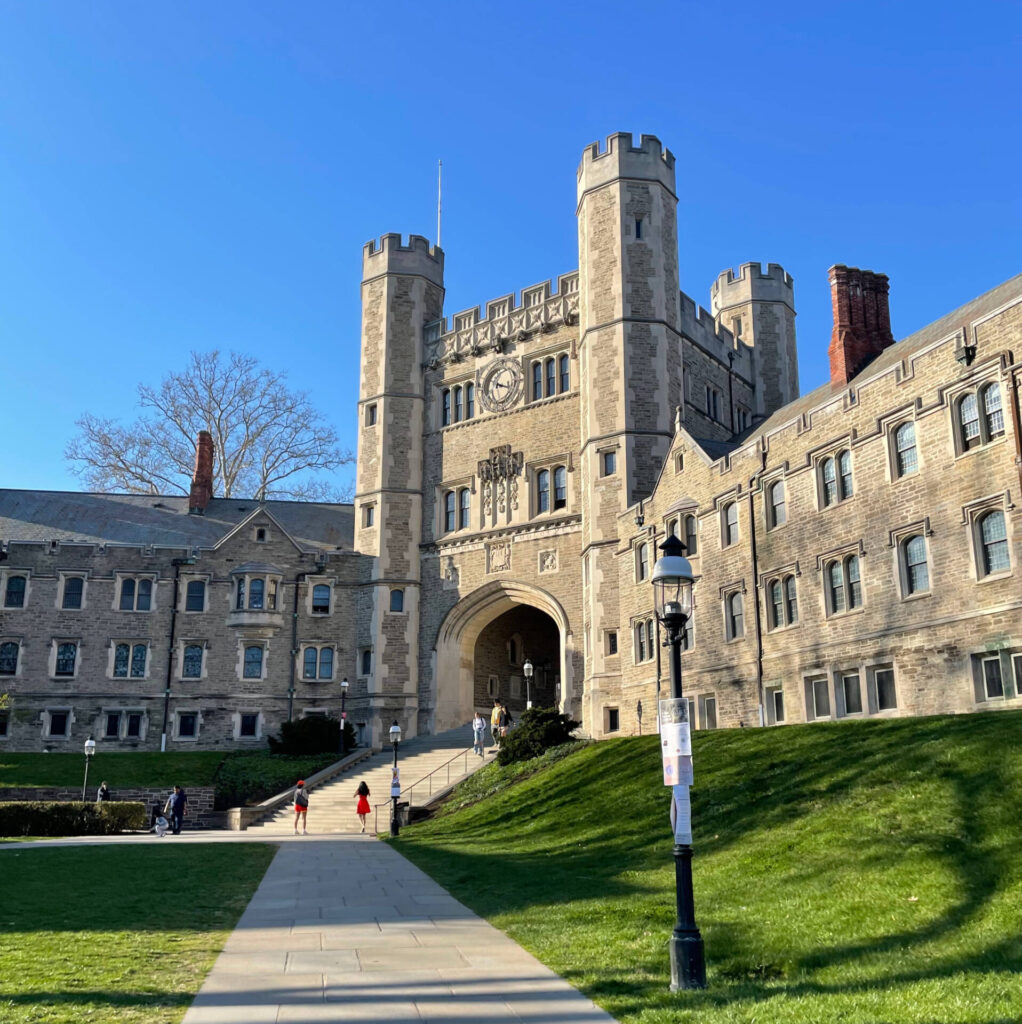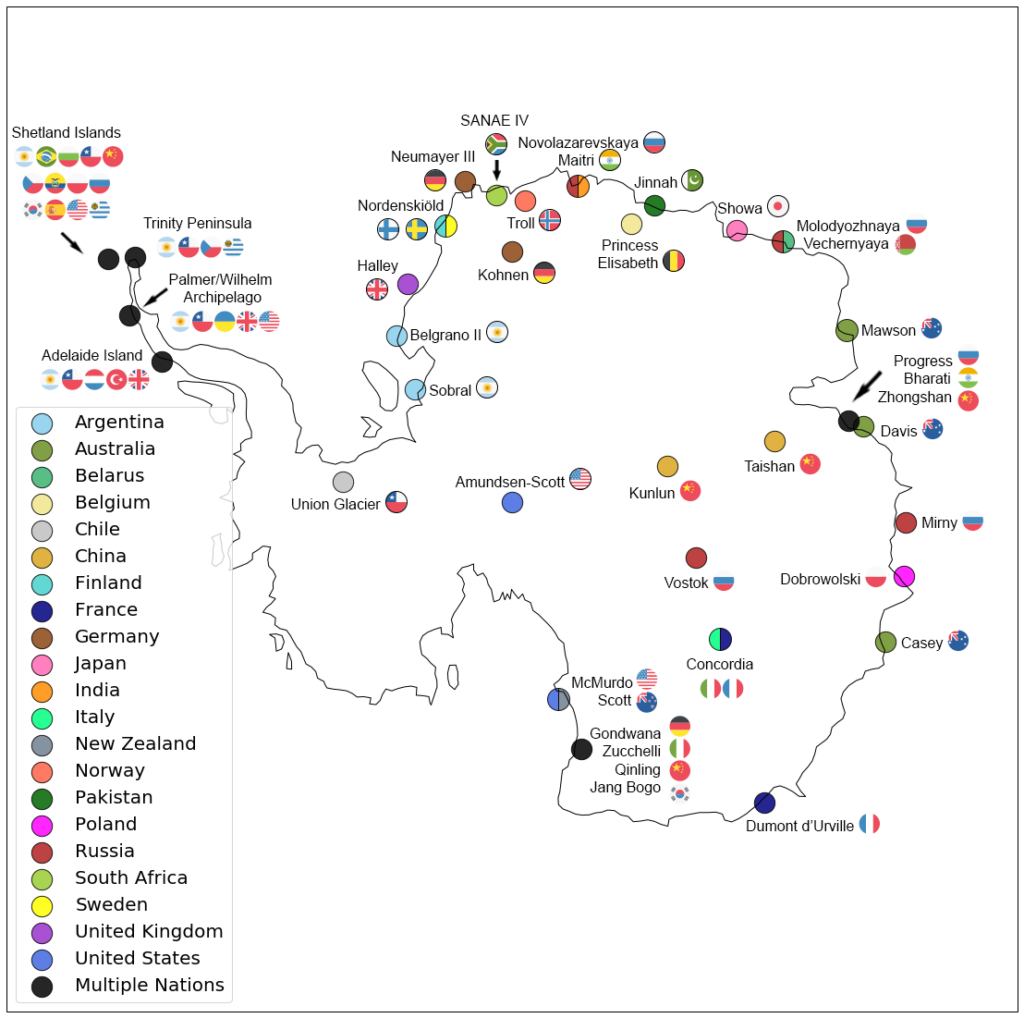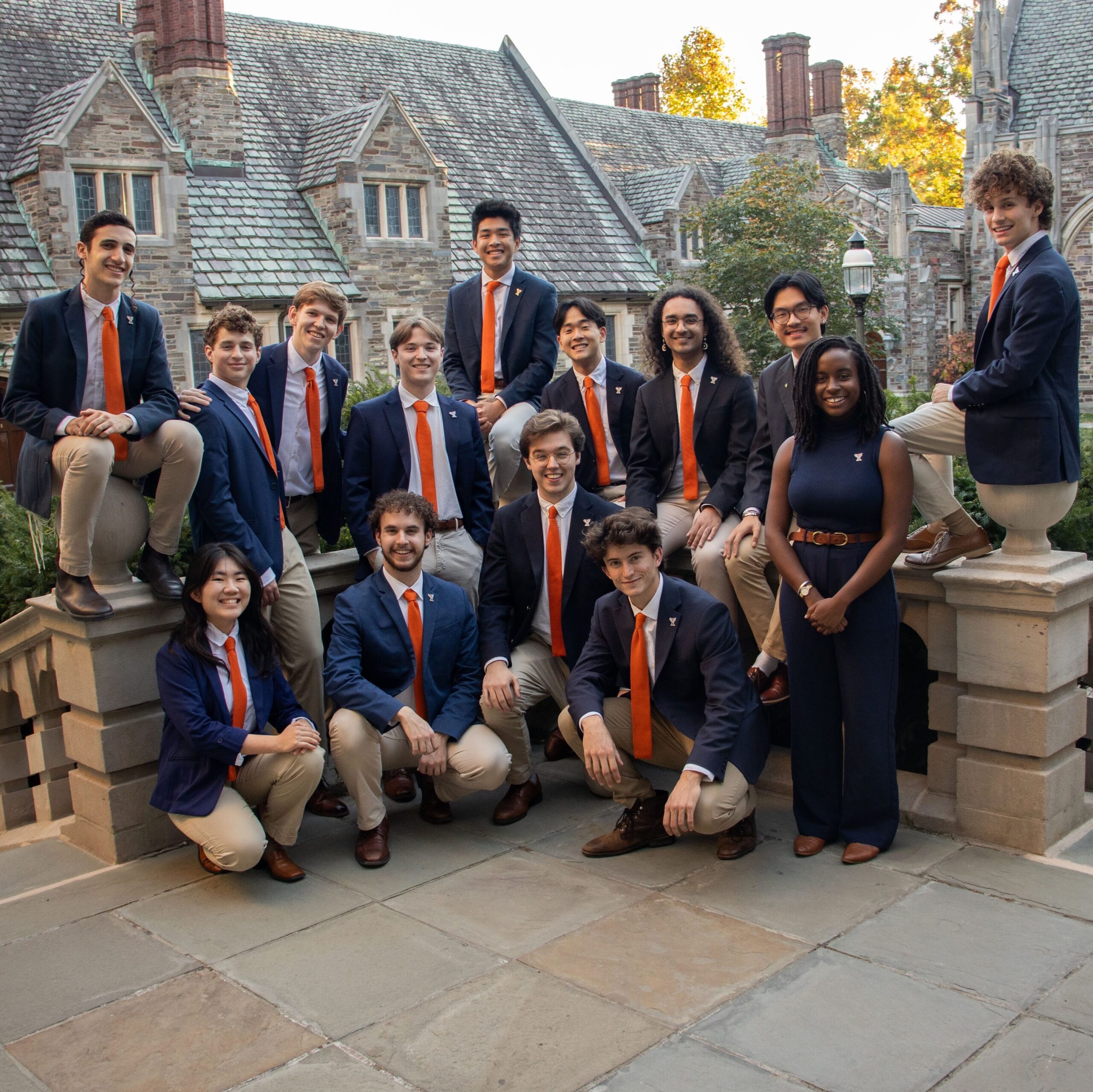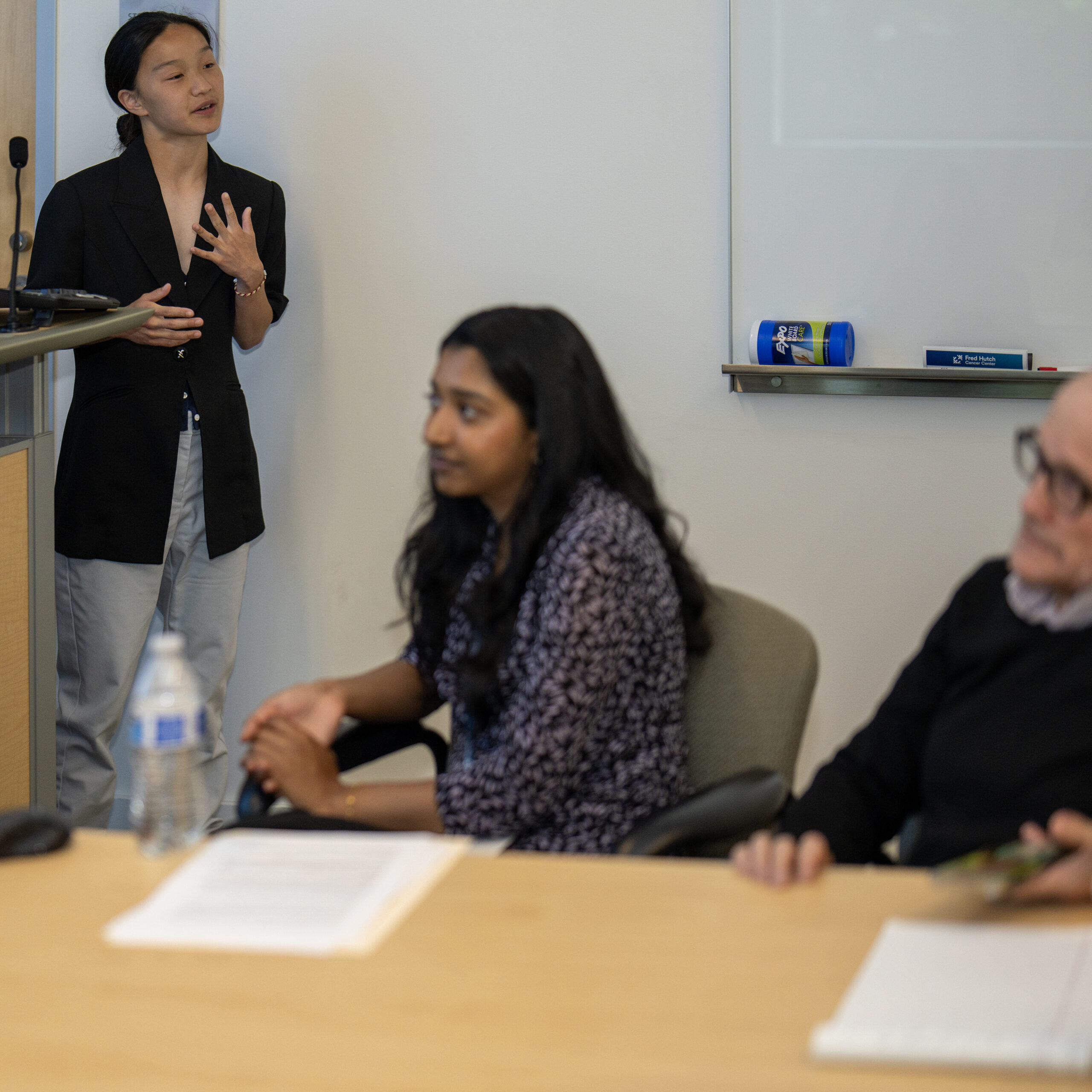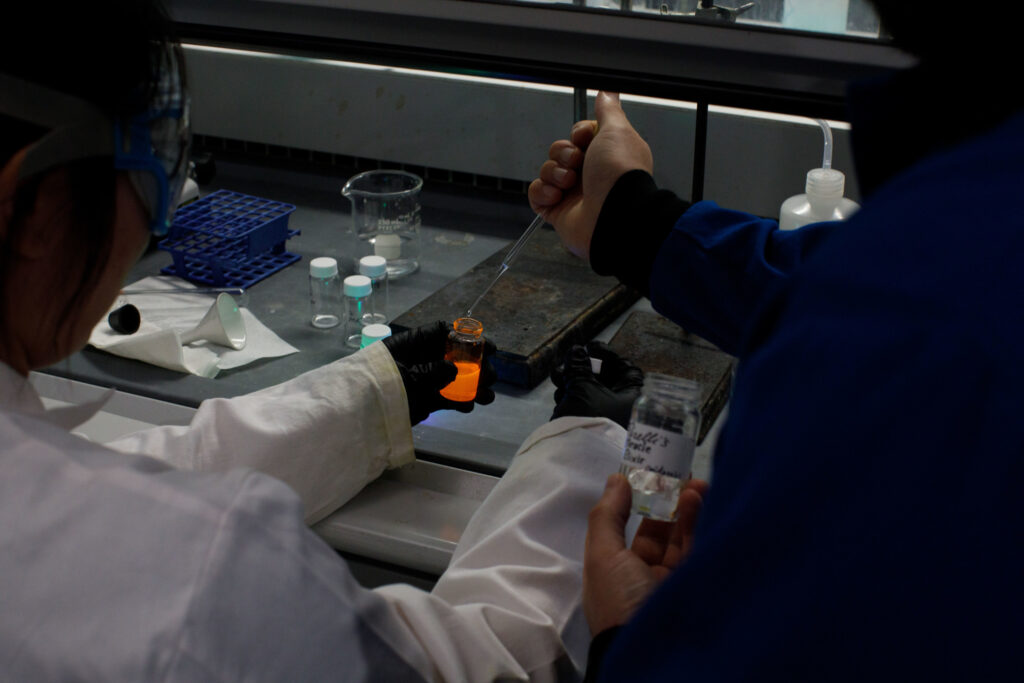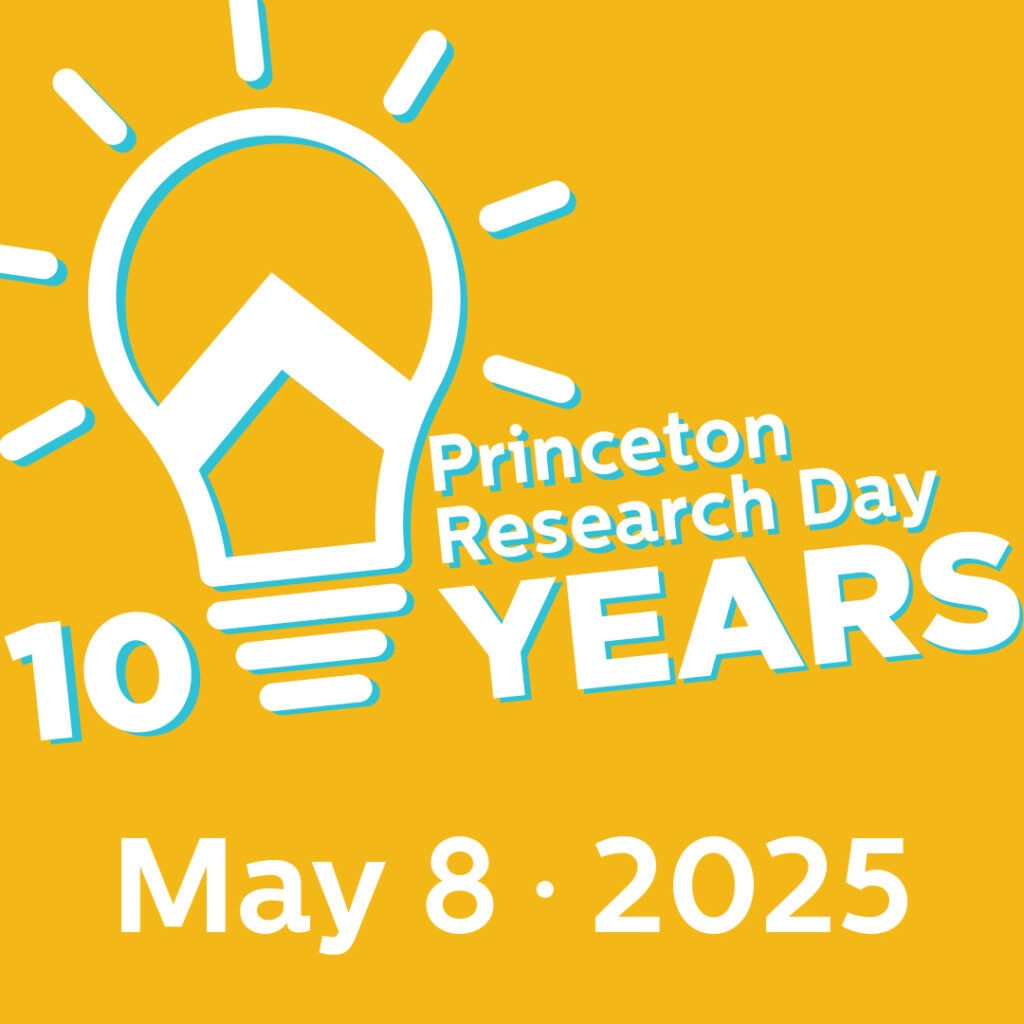
Princeton Research Day is a campus-wide celebration of research and art from Princeton undergraduates, graduate students, postdoctoral fellows, and early career staff. PRD is open to the public, and videos are online now! We hope you consider checking out the channel and voting for your favorite. PRD is celebrating its ten-year anniversary, and we are very excited to come together to showcase the new innovations, findings, and creative work of the Princeton community.
All PRD presenters submit a 3-minute video highlighting one story about their research or art. The videos are designed for broad audiences, demonstrating the importance of research accessibility. If you are local to the area, many presenters will also be talking about their work during our poster session on Thursday, May 8 in the Frist Campus Center from 12:00-1:00.
You can find the PRD videos here and information about attending the May 8 in-person event here.
–Caitlin Larracey, Assistant Director of Undergraduate Research


